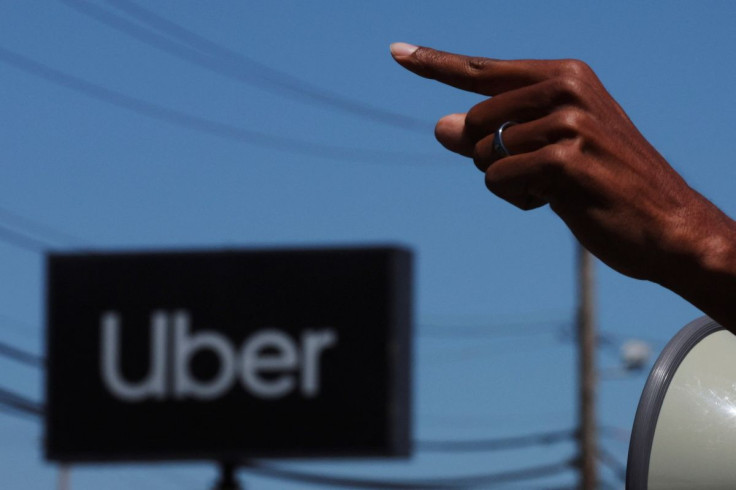Massachusetts Court Blocks Gig Worker Ballot Measure Backed By Uber, Lyft

Massachusetts' top court on Tuesday rejected a bid to ask voters whether app-based ride-share and delivery drivers should be treated as independent contractors rather than employees, in a setback for companies like Uber Technologies Inc and Lyft Inc.
The Massachusetts Supreme Judicial Court's unanimous decision was a victory for labor activists who fought to prevent a measure from appearing on the November ballot that they said contained loopholes that would create a sub-minimum wage for the drivers.
Justice Scott Kafker said the ballot question proposed by an industry-backed coalition went too far by including a "vaguely worded," unrelated proposal that would limit the companies' liability for accidents by their drivers.
He said that meant Massachusetts Attorney General Maura Healey, a Democrat running for governor, wrongly certified it complied with state constitutional requirements limiting ballot measures to related subjects.
Flexibility & Benefits for Massachusetts Drivers, an industry-funded group that backed the ballot question, in a statement criticized opponents for challenging the measure in court, saying they sought to "subvert the democratic process."
Healey certified the question despite having sued Uber and Lyft to challenge their designations of their drivers as contractors. In a statement, Healey said she would keep fighting to ensure they have "the same rights as all other employees."
The industry-backed proposal called for establishing an earnings floor equal to 120% of the state minimum wage for over 200,000 app-based drivers for companies like Uber, Lyft, Instacart and DoorDash Inc, or $18 an hour in 2023, before tips.
The companies would be required to pay healthcare stipends if drivers work at least 15 hours per week. Drivers could also earn paid sick time and paid family and medical leave.
California voters approved a similar industry-backed measure in 2020 that would treat app-based drivers as independent contractors with some benefits, but a judge later ruled it violated the state's constitution.
© Copyright Thomson Reuters {{Year}}. All rights reserved.





















